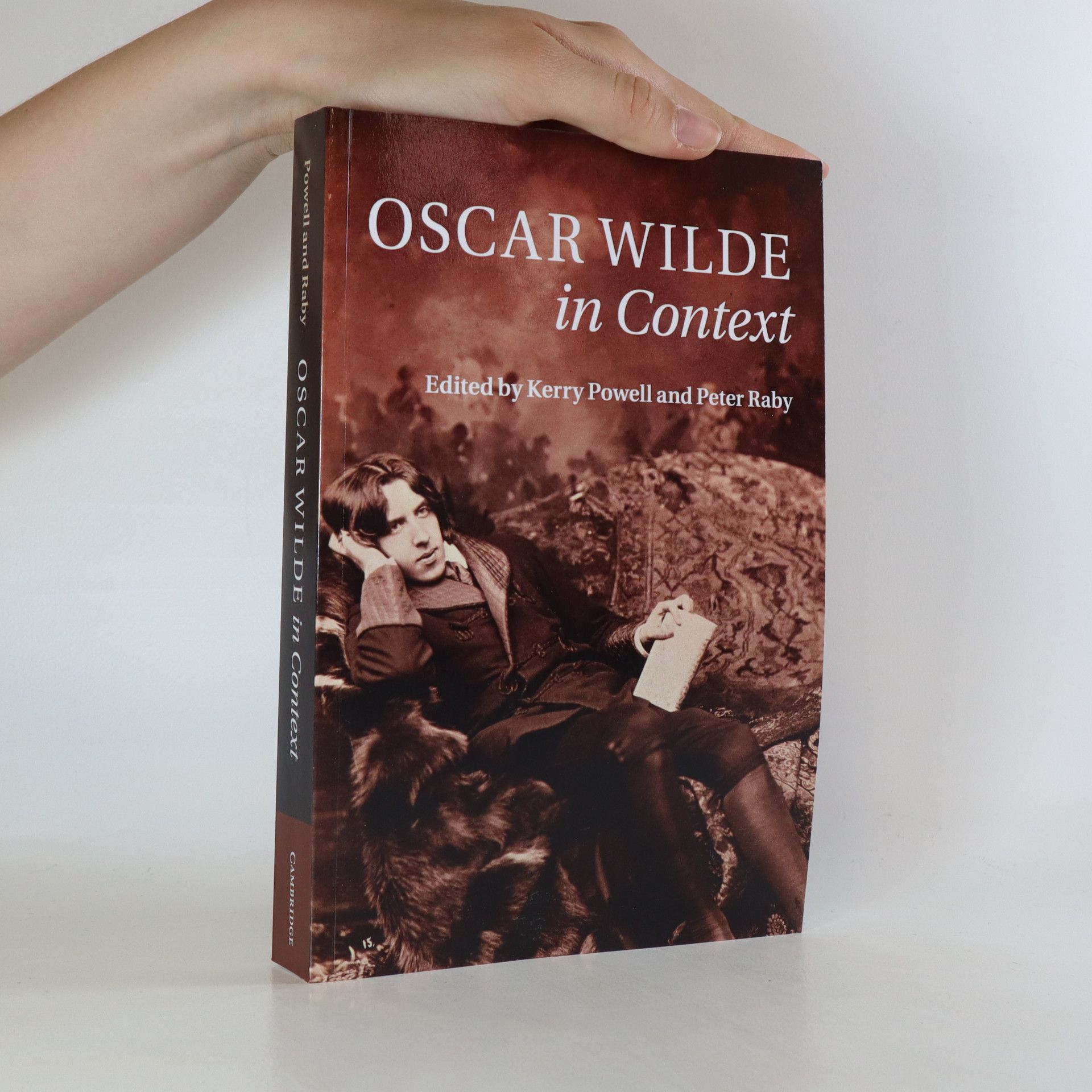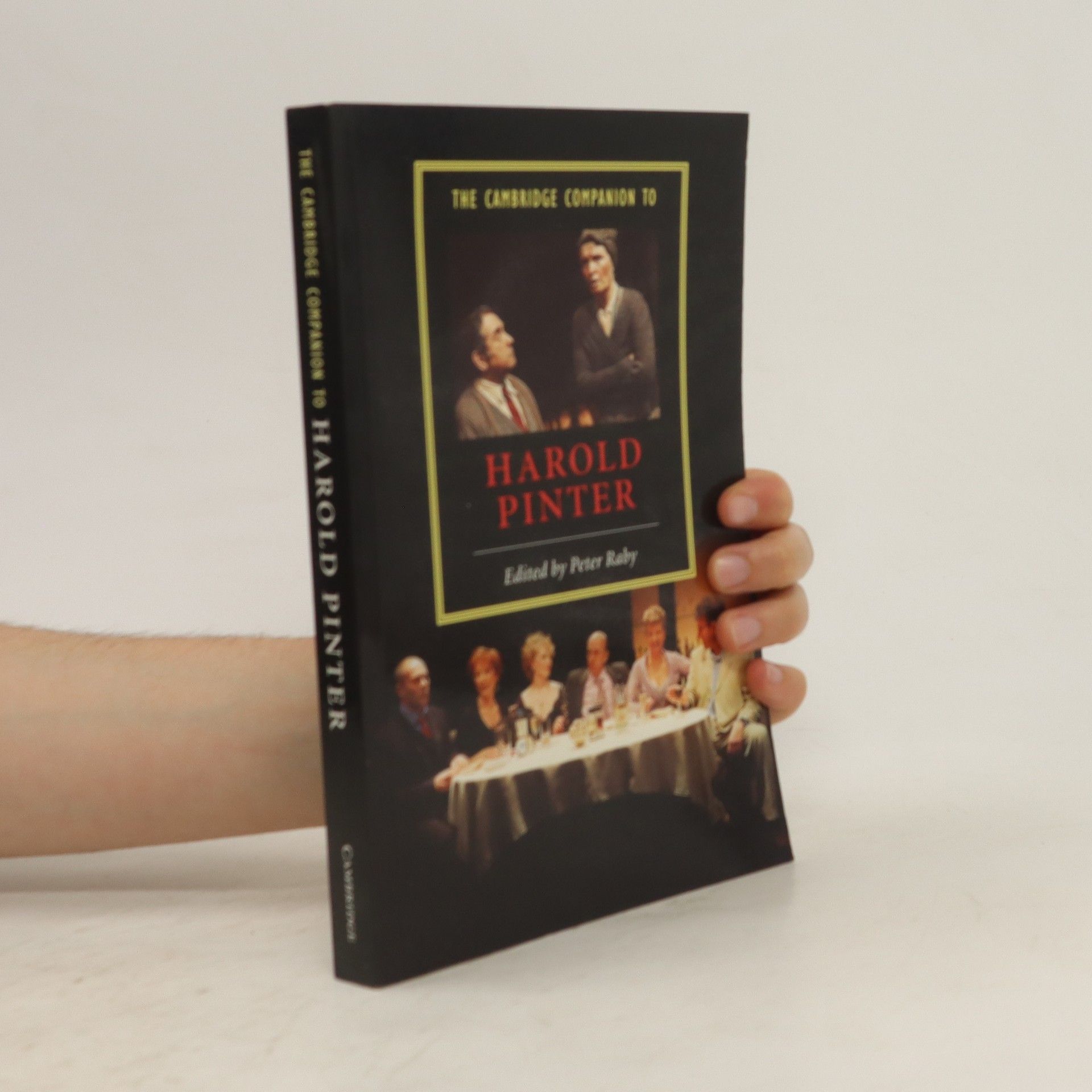The Cambridge Companion to Harold Pinter provides an introduction to one of the world's leading and most controversial writers, whose output in many genres and roles continued to grow until the author's death in 2008. Harold Pinter, winner of the 2005 Nobel Prize for Literature, produced work for the theatre, radio, television and screen, in addition to being a highly successful director and actor. This volume examines the wide range of Pinter's work (including his recent play Celebration). The first section of essays places his writing within the critical and theatrical context of his time, and its reception worldwide. The Companion moves on to explore issues of performance, with essays by practitioners and writers. The third section addresses wider themes, including Pinter as celebrity, the playwright and his critics, and the political dimensions of his work. The volume offers photographs from key productions, a chronology, checklist of works and bibliography.
Peter Raby Livres

